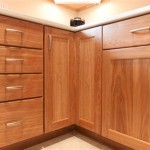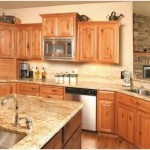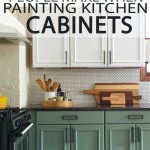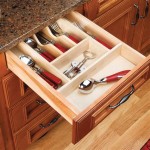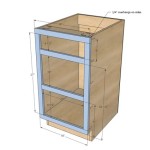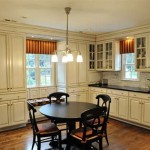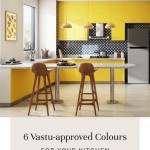Is Aluminum Kitchen Cabinet Good?
Aluminum kitchen cabinets have gained popularity in recent years due to their unique properties and aesthetic appeal. They offer a blend of durability, affordability, and modern design that can enhance the overall look and functionality of your kitchen. While they share some similarities with traditional wood cabinets, aluminum cabinets come with their own set of advantages and disadvantages. Understanding these nuances will help you determine if aluminum kitchen cabinets are the right choice for your needs.
Durability and Longevity
One of the most compelling arguments for choosing aluminum cabinets is their exceptional durability. Aluminum is a strong and resilient metal that is resistant to scratches, dents, and moisture. Unlike wood cabinets, which are susceptible to warping and rotting, aluminum cabinets can withstand even the harshest kitchen environments. This makes them ideal for families with young children or pets, who might be more prone to accidental bumps and spills. Furthermore, aluminum's resistance to moisture makes it a suitable choice for humid climates or kitchens prone to spills and splashes.
The longevity of aluminum cabinets adds to their appeal. Unlike wood cabinets that might require refinishing or replacement over time, aluminum cabinets can last for decades with proper care. Their resistance to wear and tear ensures they maintain their aesthetic appeal and structural integrity for years to come. This longevity can ultimately translate into long-term cost savings, as you won't need to invest in frequent repairs or replacements.
Aesthetic Appeal and Modern Design
Aluminum kitchen cabinets offer a contemporary and sleek aesthetic that complements modern kitchen designs. They come in a range of finishes, from brushed aluminum to powder-coated colors, allowing you to create a customized look that reflects your personal style. The clean lines and minimalist design of aluminum cabinets create a sense of spaciousness and order, making them a popular choice for small kitchens. The reflective surface of aluminum can also enhance the natural lighting in your kitchen, making it feel brighter and more inviting.
Aluminum cabinets are also versatile in terms of their application. They can be used for both upper and lower cabinets, as well as for specialized features such as island cabinets or pantry units. This versatility allows for seamless integration into various kitchen layouts and designs, making them a suitable choice for a wide range of home styles.
Cost and Maintenance
Compared to traditional wood cabinets, aluminum cabinets are generally more affordable. Their lower manufacturing costs and the use of readily available materials translate into a more budget-friendly option. However, the cost can vary depending on the size, complexity, and finishes chosen for your cabinets. Customization options, such as specialized hardware or unique finishes, can contribute to higher costs.
Maintenance is another area where aluminum cabinets excel. Their non-porous surface makes them easy to clean and resistant to staining. A simple wipe down with a damp cloth is often sufficient to maintain their shine. Unlike wood cabinets, which might require regular polishing or refinishing, aluminum cabinets require minimal upkeep, saving you time and effort in the long run.
Considerations and Limitations
While aluminum cabinets offer numerous advantages, it is important to consider their potential drawbacks. One limitation is their limited customization options compared to wood cabinets. The material's inherent properties restrict the ability to create intricate designs or custom carvings. This means that if you desire a highly personalized aesthetic, wood cabinets might be a better choice.
Another factor to consider is the potential for noise. Aluminum cabinets can be prone to creating a metallic clang when doors are closed or drawers are opened. This can be an issue in kitchens where noise levels are a concern. However, manufacturers are addressing this concern by incorporating sound-dampening technologies or rubber gaskets to minimize noise levels.
Finally, it is important to note that aluminum is a good conductor of heat. This can be a consideration in kitchens with direct sunlight or appliances that generate significant heat. While manufacturers often employ insulation techniques to mitigate this issue, it is something to be mindful of when planning your kitchen layout.

Aluminum Vs Stainless Steel Kitchen Cabinet Which One Is Best

Why Choose Aluminum Cabinets

Pros Cons Of Aluminium Kitchen Cabinet For Your House

Aluminium Kitchen Cabinets Important Pros And Cons

How To Select The Best Aluminium Kitchen Cabinet 13 Criteria

Aluminium Kitchen Cabinet What You Should Know How Why

Aluminium Kitchen Cabinets Homeowner S Smart Choice

Aluminium Vs Stainless Steel Kitchen Cabinets Gurgaon

Aluminium Kitchen Cabinet Vs Wood 15 Detail Comparison Factors

Alfixo Aluminium Interior Design
Related Posts

